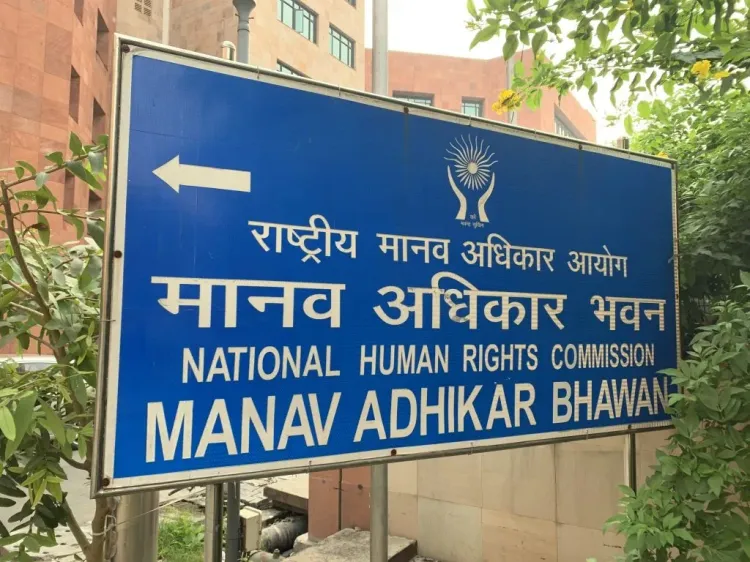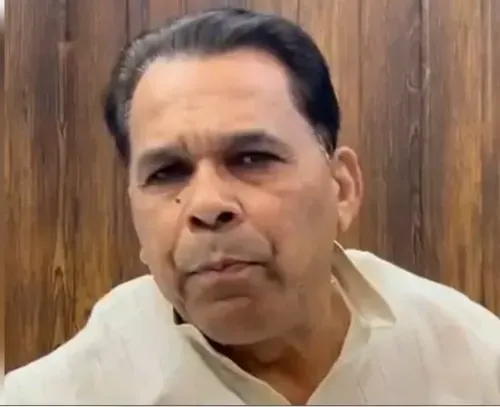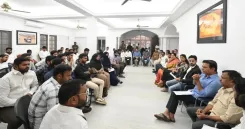Why Did NHRC Respond to the Arrest of Ashoka University Professor?

Synopsis
Key Takeaways
- NHRC has taken cognizance of human rights violations.
- A Supreme Court intervention highlights the importance of due process.
- The case raises questions about freedom of speech in academic environments.
- Mahmudabad's remarks have sparked significant public discourse.
- Legal ramifications may affect future cases involving free expression.
New Delhi, May 21 (NationPress) - The National Human Rights Commission (NHRC) has taken suo moto cognizance of the arrest of Ali Khan Mahmudabad, a political science professor affiliated with Ashoka University in Haryana. He was detained by state police due to his comments regarding Operation Sindoor.
The NHRC has issued a notice to the Director General of Police (DGP) in Haryana, demanding a comprehensive report on the issue within a week. The human rights body noted that the allegations leading to Mahmudabad's arrest seemingly infringe upon his fundamental human rights and liberty.
Earlier that day, the Supreme Court granted interim bail to Mahmudabad, mandating the Haryana DGP to form a Special Investigation Team (SIT) with three senior IPS officials, including a female officer, to investigate the situation within 24 hours.
The bench, led by Justice Surya Kant, did not agree to halt the investigation, emphasizing that the interim bail was to aid the ongoing probe. Mahmudabad will be released upon surrendering his passport and providing satisfactory bail bonds to the lower court.
Additionally, the court prohibited the petitioner from sharing any further online content related to this case or the recent India-Pakistan tensions.
Mahmudabad, aged 42, was arrested following a complaint from Yogesh Jatheri, the General Secretary of the BJP Yuva Morcha in Haryana.
A court in Sonipat placed him in judicial custody for 14 days. He faces serious charges under various sections of the Bharatiya Nyaya Sanhita (BNS), which include inciting armed rebellion and insulting religious beliefs, along with charges akin to sedition.
In a social media post, Mahmudabad expressed his views: "I am thrilled to see numerous right-wing commentators praising Colonel Sophi(y)a Qureishi, but it would be equally commendable if they vocally advocated for the protection of victims of mob lynchings, arbitrary bulldozing, and others affected by the BJP’s hate speech as Indian citizens. While the optics of two women soldiers presenting their insights are significant, these optics must translate into real change, or else it’s mere hypocrisy."
The Chairperson of the Haryana State Commission for Women, Renu Bhatia, also took suo motu cognizance of Mahmudabad's comments, which were allegedly derogatory towards women in the Indian armed forces and inciting communal discord. The commission summoned the professor, who did not attend.
In response, Mahmudabad stated that the commission had misunderstood his comments. "I am astonished that the Women’s Commission has so severely misinterpreted my posts that they have completely inverted their meaning," he asserted on X.










